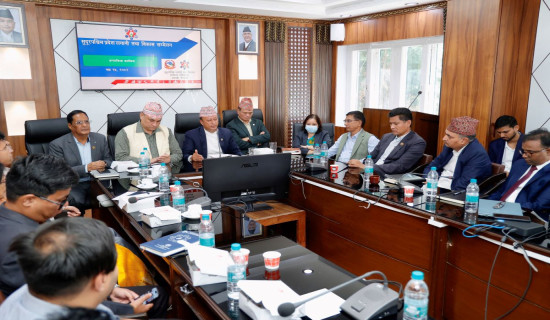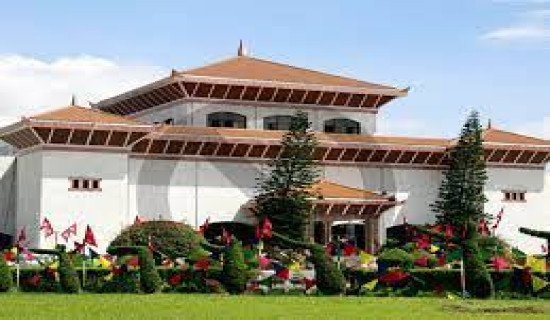- Monday, 1 September 2025
Alternative Development Finance Mobilization Bill discussed in Finance Committee
Kathmandu, Aug 8: The Finance Committee under the House of Representatives (HoR) today held discussions on the Alternative Development Finance Mobilization Bill, 2081 BS.
During the discussions, Deputy Prime Minister and Minister for Finance, Bishnu Prasad Paudel, highlighted the need for mobilization of new fiscal resources to pursue nation's economic prosperity and the sustainable development.
As the Minister argued, it is necessary to increase investment in sustainable infrastructure and other sectors capable of yielding high results for overall development of the nation. "The identification of projects, their prioritization, internal resources management, promotion of domestic and foreign investment, and the proper intervention of various fiscal tools are warranted for the same."
According to the Minister, the Bill consists of provisions aiming to mobilize alternative development financing through debenture, gold reserves, and other financial instruments so as to promote employment opportunities, sustainable economic development, long-term investment, and encourage private sector investment in public infrastructure.
Stating that mobilization of private capital and technology has remained limited and the scale of foreign aids has reduced when the government revenue has not been sufficient to address the country's development needs, he said, amidst this situation, exploration and utilisation of alternative financing will be significant. .
"The existing laws have not incorporated provisions regarding the alternative financing, suggesting the need to bring a new law," he said.
A total of 11 MPs have registered 66 amendments to the Bill. Voices have been raised for long to explore alternatives to the conventional practices of mobilizing fiscal resources.
The issue of seeking alternative sources of investment has been addressed in the budget since the last fiscal year. The government has also pursued a policy of mobilizing development aid through Blended Finance strategies.
As highlighted in the Bill, alternative financing for development can be pursued through a range of financial and monetary instruments, including various types of bonds, guarantee letters, and equity funds.
Alternative sources of financing refer to the process of raising funds through diverse means such as equity, debt, or crowd funding and so on.
Similarly, raising special loan, and establishing investment fund by collecting long-term capital from domestic or foreign investors for project with guarantee of the project implementation body are major methods of alternative financing.
The bill has incorporated the provision that a guarantee fund could be established to issue loan with full or partial guarantee from international financial institution.
Alternative financial sources could be used for power production, transmission and distribution project, road, railway, airport, tunnel route, industrial development infrastructures construction.
As per the draft of the bill, the Fund could be invested on national prioritized projects under public-private partnership implemented by the private sector. However, there would be no Fund's investment on projects with the estimated cost of less than one billion rupees.
The authorized capital of the Fund will be Rs 100 billion and paid-up capital Rs 25 billion. A proposal of investing 51 per cent share (Rs 12.75 billion) of the government of Nepal has been made. The government of Nepal, international financial institutions or foreign banks, employees' provident fund, citizen investment fund, social welfare fund and insurance company would invest in the Fund. (RSS)

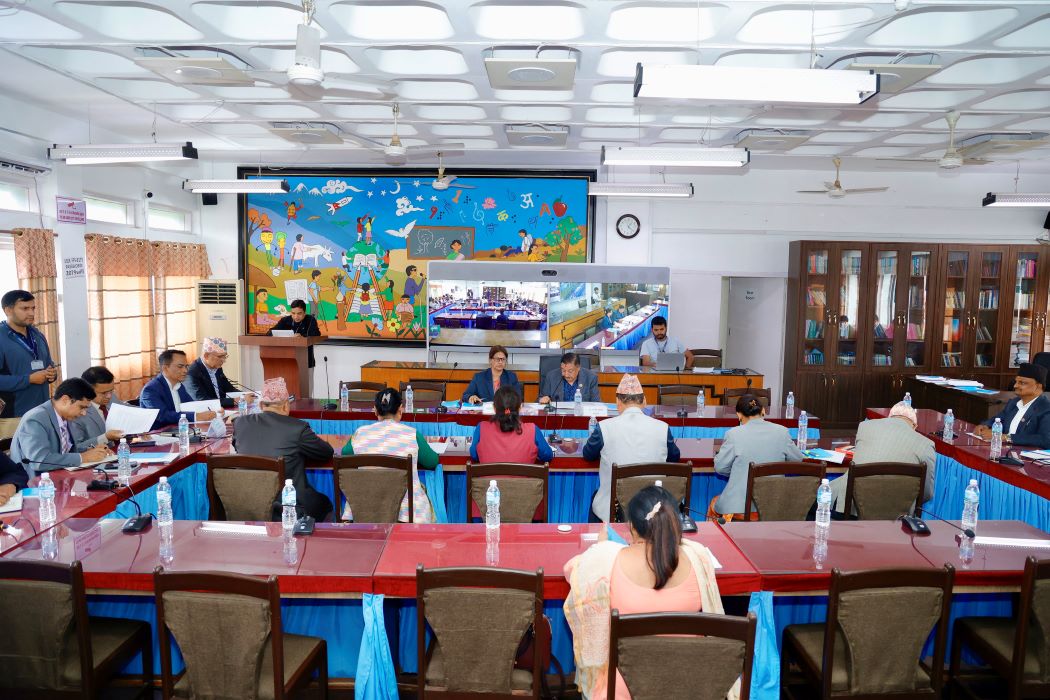

-original-thumb.jpg)
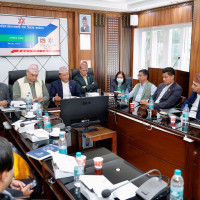
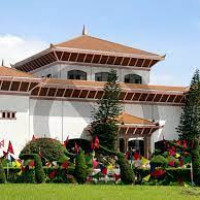
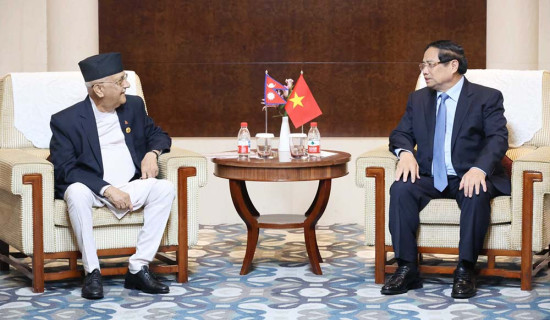

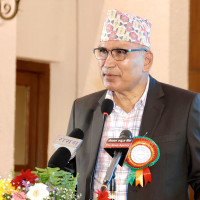
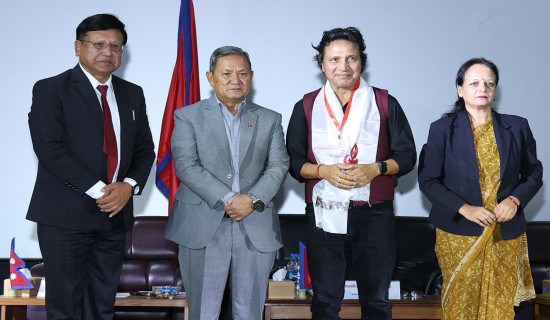


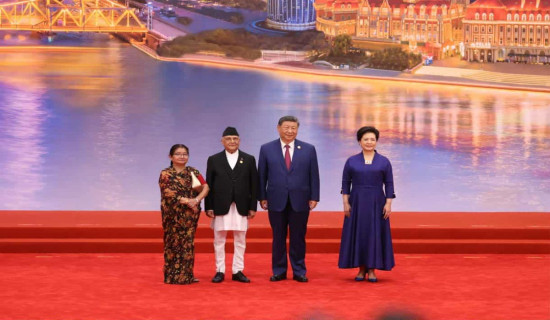
-original-thumb.jpg)
